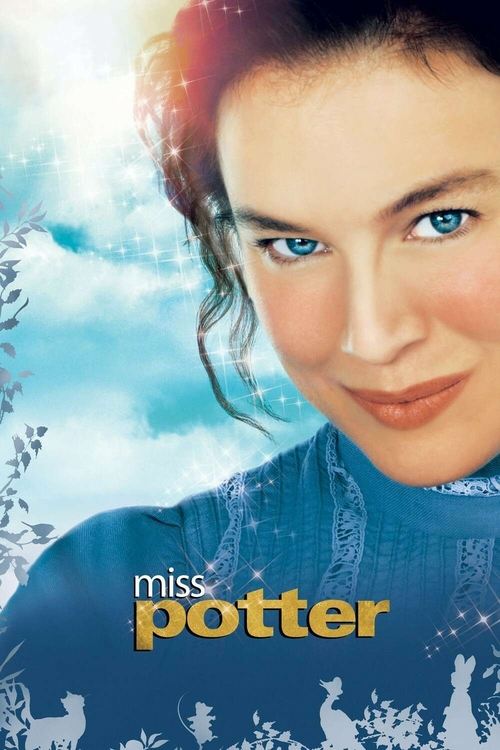
Title: Miss Potter
Year: 2006
Director: Chris Noonan
Writer: Richard Maltby, Jr.
Cast: Renée Zellweger (Beatrix Potter), Ewan McGregor (Norman Warne), Emily Watson (Millie Warne), Barbara Flynn (Helen Potter), Bill Paterson (Rupert Potter),
Runtime: 92 min.
Synopsis: Beatrix Potter, the author of the beloved children's book "The Tale of Peter Rabbit", struggles for love, happiness and success.
Rating: 6.62/10